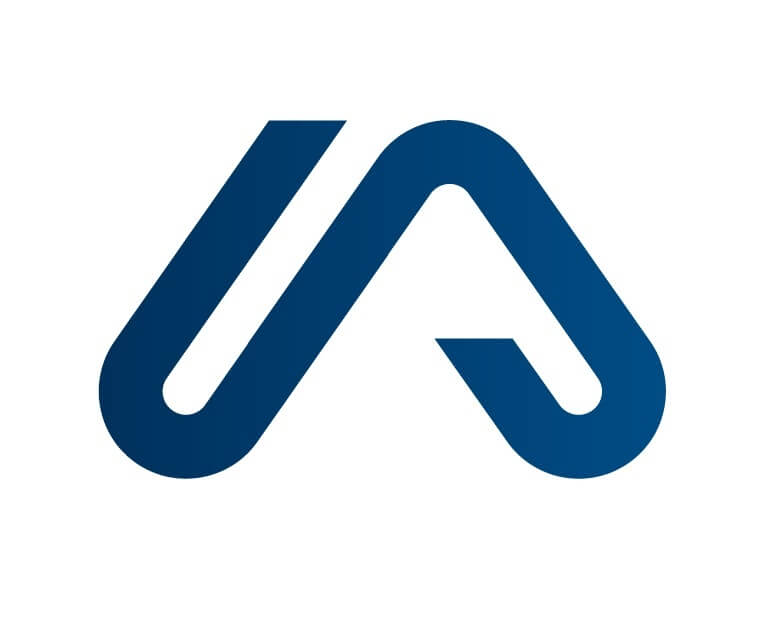Solana is a blockchain network that focuses on fast transactions and high performance.
It uses a unique method to sort transactions to increase speed without compromising security or decentralisation.
Users can pay transaction fees and use smart contracts with the native cryptocurrency SOL.
Solana – Introduction
When it comes to blockchain technology, scalability is one of the biggest challenges.
While networks are constantly evolving, they often run into limitations in terms of transaction speed and confirmation time. Solana does not have this problem.
Founded in 2017 by Anatoly Yakovenko of Solana Labs, the Solana blockchain uses a new method of transaction verification.
Bitcoin, Ethereum and many other projects have scalability and speed issues.
The Solana blockchain uses a method called Proof of History (PoH), which can process thousands of transactions per second.
How many transactions can Solana execute?
Solana can execute 65,000 transactions per second.
By comparison: the credit card provider Visa can only execute 24,000 transactions per second!
A transaction with Solana costs only $0.0001
For comparison: A transaction with MasterCard or Visa usually costs 1.5-2.5% of the transaction amount.
How does Solana work?
Solana is a third generation proof-of-stake blockchain . It has implemented a unique method of creating a trusted system for determining the timing of a transaction called Proof of History.
Tracking the order of transactions is hugely important for cryptocurrencies. Bitcoin does this by bundling transactions into blocks with a single timestamp .
Each node must validate these blocks in consensus with other nodes validate. This process adds a considerable amount of waiting time for nodes, to validate a block across the network.
Instead, Solana takes a different approach.
What is Proof of History?
Solana events and transactions are processed using the SHA256 hash function. This function accepts input and produces a single output that is extremely difficult to predict.
Solana takes the output of one transaction and uses you as input for the next hash. The sequence of transactions is now embedded in embedded in the hash output.
This hashing process creates a long, unbroken chain of hash transactions
This functionality enables a clear and verifiable sequence of transactions that a validator adds to a block, without the need the need for a traditional timestamp.
The hash also takes some time to complete, which means that validators can easily check how much time has passed. has passed.
The proof of history is different from the process used by Bitcoin uses as part of its proof-of-work consensus mechanism.
Blocks in Bitcoin are large collections of messy transactions. Each BTC miner adds the time and date to the block it is mining based on its date to the block it mines based on its local clock.
The time can differ depending on other nodes or even be be wrong. Then the nodes have to find out if the timestamp is valid.
By organising transactions into a hash chain, validators validators process and transmit less information in each block.
Using a hash version of the latest transaction state significantly reduces the time it takes to commit a new block.
The most important functions of Solana
According to their blog, the Solana team has developed eight basic technical functions that help the blockchain realise the capabilities of a centralised system.
Proof of History is perhaps the most notable, but there is also:
- Tower BFT – a PoH-optimised version of Practical Byzantine Fault Tolerance.
- Pipelining – a transaction processing unit to optimise validation.
- Turbine – a protocol for block propagation
- Gulf Stream – Transaction Forwarding Protocol ohne Mempool
- Cloudbreak – scale-out account database
- Archiver – distributed ledger storage
- Sealevel – Smart Contract Parallel Runtime
Solana is extremely fast.
It only takes 400ms to generate a new block.
By comparison, Bitcoin takes about 10 minutes and for Ethereum about 15 seconds to create a new block.
SOL Hodler can use their token as part of the PoS consensus mechanism of the blockchain.
With a supported crypto wallet, you can stake your token with validators that process network transactions.
A successful validator will then share some rewards with those who have also been staking.
This reward mechanism encourages validators and delegates to act in the best interest of the network.
As of May 2021, Solana has around 900 validators, making it a fairly decentralised network.
What is a SOL – Token?
SOL is Solana’s native cryptocurrency, which acts as a Utility token.
Users need SOL in order to pay transaction fees, make transfers or interact with smart contracts.
SOL is a deflationary coin. The network burns SOL as part of its deflationary model. SOL holders can also become network validators.
Like Ethereum, Solana allows developers to create Smart Contracts and create blockchain-based projects.
SOL uses the SPL protocol. SPL is Solana’s Blockchain token standard, similar to ERC20 on Ethereum.
The SOL token knows two main applications:
- Payment of transaction fees incurred when using the network or smart contracts.
- Staking tokens as part of the Proof of Stake consensus mechanism.
Solana-based DApps also create new SOL use cases. Chainvote, for example, is creating a DeFi voting app (decentralised finance) for corporate executives that uses SOL tokens to cast vote.
The price of Solana increased almost 30-fold in the first two quarters of 2021 by almost 30 times, making it a popular choice among investors and speculators.
How should SOL be stored?
You can store SOL tokens in the encrypted wallet sollet.io (developed by Serum Academy), Trust wallet for mobile devices and other wallets that support SPL.
If you want to use your SOL, you must use a wallet that supports Solana Staking.
You can use SolFlare wallet or Solana command line tools. use. Your wallet allows you to create a staking account and send your SOL tokens to network validators.
